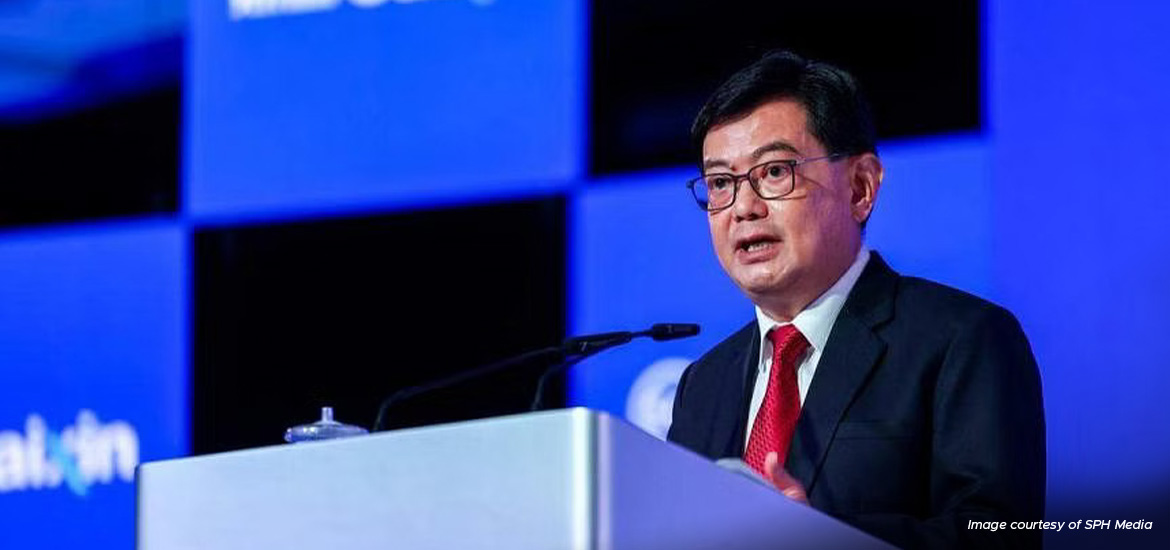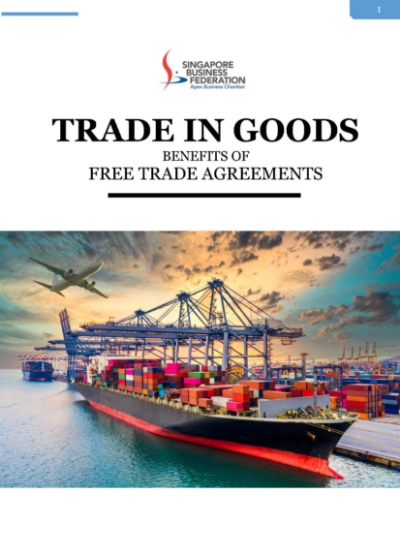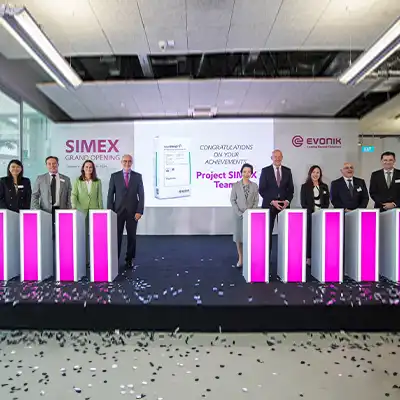Deputy Prime Minister Heng Swee Keat said the key to dealing with shared global challenges is leadership from the US and China.
It is in every country's interest, particularly the United States and China, to develop a new architecture that enables inclusive and sustainable development, said Deputy Prime Minister Heng Swee Keat on Monday.
There are three areas where nations can collaborate to raise trust, facilitate growth, and pursue inclusive and sustainable development, he told the audience at the Caixin Asia New Vision Forum held at Sands Expo and Convention Centre.
First, Asia and the rest of the world have to continue to uphold an open, inclusive and rules-based framework, to drive greater trade and investment.
This is anchored in the belief that free trade and greater economic integration will continue to uplift economies and populations, said Mr Heng, who is also Coordinating Minister for Economic Policies.
He noted that ASEAN's free trade agreements with China, India, Japan, South Korea, and Australia and New Zealand have brought mutual benefits and deepened ties.








